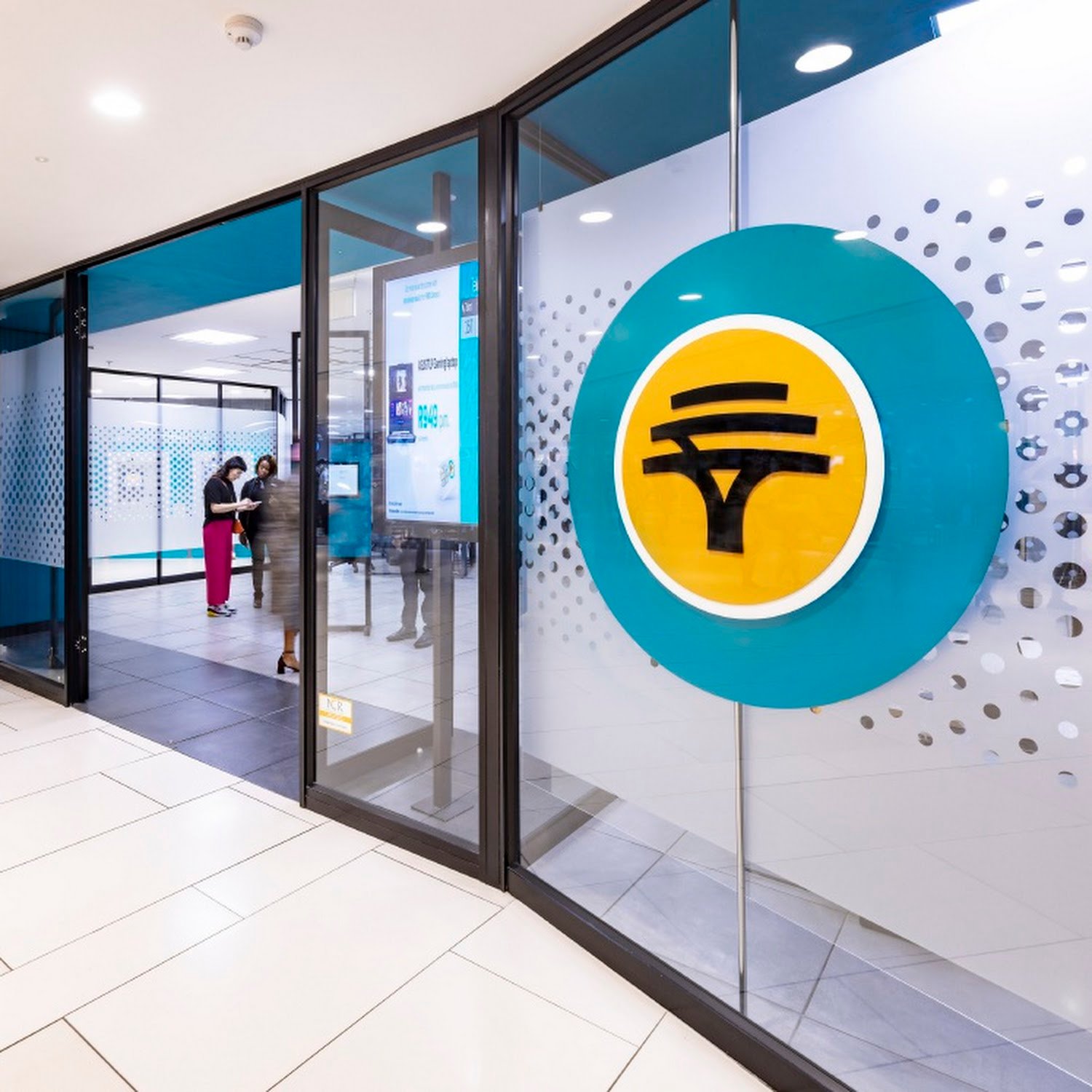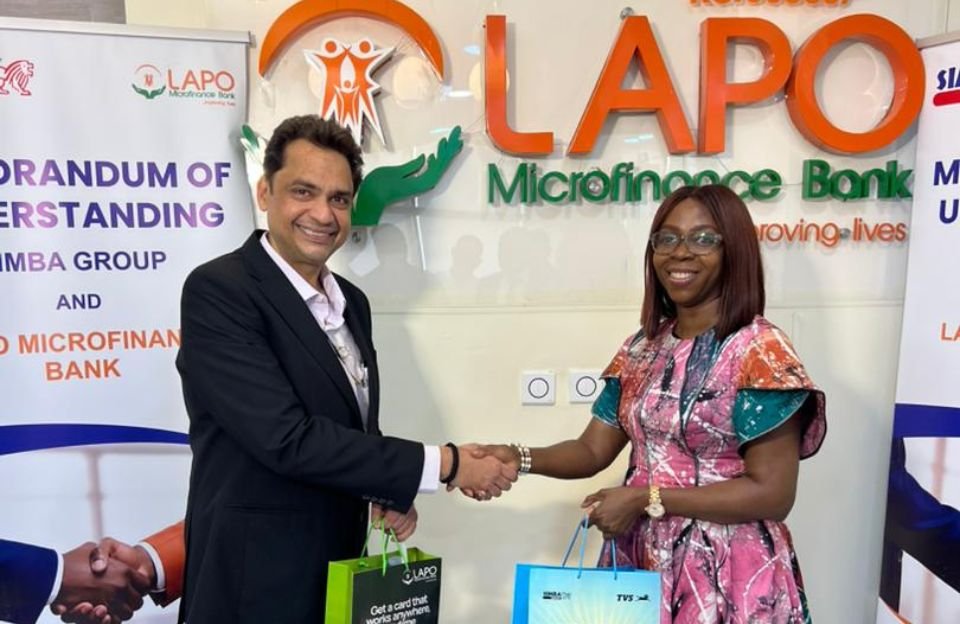

FNB donates R200m into SME development
FNB has donated R200m to the Vumela Enterprise Development Fund for deployment into new, innovative alternative SME financing solutions, aiming to benefit approximately 150 businesses, and creating over 1,000 jobs.
Significant and growing unemployment and poverty are risks to the sustainability of South Africa.
A growing and sustainable SME sector does a great deal to contribute to the alleviation of these factors. The Vumela Enterprise Development Fund was established in 2009 by FNB Commercial and Edge Growth to create an innovative model to finance and support black-owned “missing-middle” SMEs, unlocking their potential for sustainable growth and subsequent job creation.
Missing-middle SMEs are those that do not fit into the traditional funding continuum provided by traditional financiers. They are too large for microfinance, don’t meet traditional credit criteria in terms of collateral and balance-sheet requirements, are too small or early stage for private equity, and don’t yet generate the exceptional returns that venture capital seeks.
Gordon Little, FNB commercial chief executive officer, says: “Our vision for Vumela was to build a sustainable model that would strengthen South Africa one SME at a time.
“By providing SMEs with contextual funding and growth support relevant to their specific size and stage of business and funding need, we can catalyse growth and provide ongoing support in the scaling journey, which is not an easy one.”
The first three Vumela portfolios
Following the initial capitalisation of Vumela, FNB has committed two additional tranches of capital, each meeting a specific need in the SME sector. Vumela 1 and 2 have come to term, while Vumela 3 remains active, with R75m in deployable capital remaining.
Vumela 1
Launched in 2010, it was created as a pilot to test the efficacy and sustainability of the model. R102m in capital was deployed to eight investees, and 360 jobs were created.
Vumela 2
Vumela 2 launched in 2015, and was specifically focused on job creation. R157m in capital was deployed to 10 investees, and more than 6,000 jobs were created.
Vumela 3
Launched in 2018, Vumela 3 focused on the provision of more bespoke forms of funding to serve different SME needs, with debt, equity and purchase-order financing offerings being introduced. R145m has been deployed thus far to 11 investees, and 213 jobs have been created.
Vumela 4
The Vumela 4 offering is designed to address two specific gaps prevalent in the SME sector.
Accelerating early-stage businesses
The first gap is amongst early or seed-stage SMEs, that cannot access funding due to their lack of investment readiness and/or performance risk within their operations.
Vumela has designed the Accelerate loan in response: rapidly accessible, low-cost funding for capital expenditure, working capital or operational expenditure. This loan has an added incentive in that SMEs can receive all interest payments back if they honour repayment and governance obligations, essentially rendering it zero-cost funding.
The Accelerate loan comes with higher risk, and as such, it will initially be piloted within the ecosystem of participants in Edge Growth and FNB business development support programmes. The vision is for Vumela to accredit other programme providers in the market to expand this offering to more SMEs in a future phase of the rollout.
Keeping SA scale-ups in their owners’ hands
The second gap speaks more to tech-enabled South African scale-ups. These businesses, relative to international counterparts, take longer to raise Series A and B funding rounds and receive lower valuations.
Because lower valuations follow them through successive funding rounds, the cumulative dilution of founder shareholding can mean that entrepreneurs who do manage to secure funding end up with excessively diminished stakes in their businesses.
Vumela has therefore designed an innovative venture debt product aimed at supporting businesses with significant potential without diluting founder equity. Venture debt is a non-dilutive loan extended to fast-growing, venture-capital-backed tech-enabled scale-ups raising Series A or B rounds.
When a business is growing quickly or burning through cash at a higher rate, Venture debt lowers the average cost of borrowing to support operations. Additionally, it offers flexibility because venture debt can be used as a cash reserve for unforeseen capital requirements or fundraising setbacks.
Supporting the engine of job creation and transformation
Heather Lowe, head of SME development at FNB concludes: “SMEs are the engine of job creation, transformation, and reduced wealth inequality. We are exceptionally proud of the fact that through Vumela we have been able to build a model that is demonstrably sustainable and impactful in its ability to enhance this engine.
“Over the past decade we have analysed and mapped the South African funding ecosystem in detail, and we are becoming more confident in the potential of Vumela to effectively address the needs we have identified. Today, Vumela plays a critical role in alternative financing that is designed in the first instance to benefit and support investees.”
















